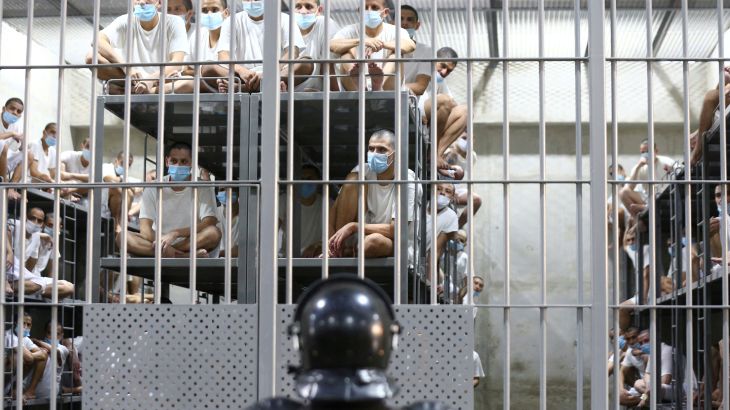Trump’s Legal Battles: The Stakes of Contempt as a Constitutional Weapon
Donald Trump, facing numerous legal battles, stands at a precarious precipice regarding his relationship with the courts. While he maintains his innocence and argues against any violation of court orders, the specter of contempt charges looms large. This article explores the intricate legal landscape surrounding contempt, delving into its definition, potential consequences for presidents like Trump, and the historical precedents that shape this critical power tool used by the judiciary. The article also examines the constitutional implications of such actions, emphasizing the delicate balance between executive authority and judicial oversight. In essence, this piece provides a comprehensive analysis of how the legal system seeks to hold powerful figures accountable while protecting fundamental rights.




Post Comment